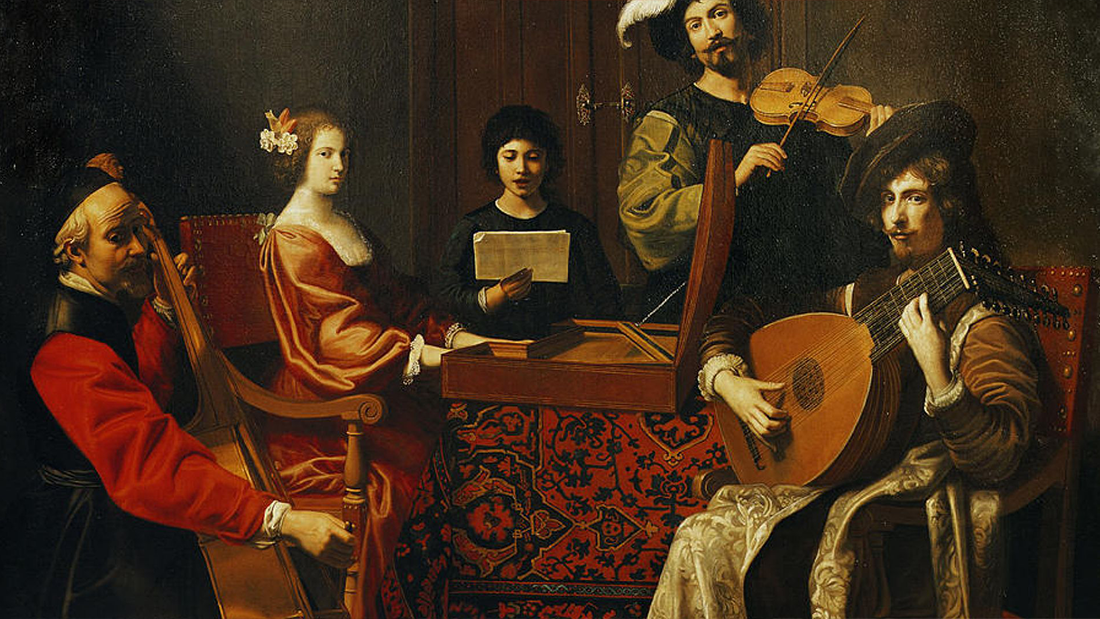|
In the early stages of my musical education, I strongly disliked taking music history exams. Back then, I couldn't see how these courses would benefit my clarinet playing. However, as I progressed in my musical journey, I came to realize the significant impact a solid understanding of music history had on my overall musical development. This knowledge has become a valuable asset, enabling me to make informed decisions when interpreting pieces, comprehend the structural nuances of musical works, and establish connections between the various pieces in my repertoire—both those I've already learned and those I continue to explore. Music history serves as a profound chronicle of our collective experiences, reflecting the evolution of societies, the shifting tides of emotions, and the innovative spirit of artistic expression. Beyond being a subject confined to academic walls, music history plays a vital role in shaping our understanding of the world and enriching our connection to the rhythms of the past. In this blog, we'll explore why the study of music history is not just a journey into the archives but an essential exploration that resonates in the present.
1. Preserving Cultural Heritage Music is a living testament to the cultural heritage of diverse communities and civilizations. By delving into music history, we unlock the door to the archives to music that once reverberated through ancient temples, medieval courts, and Renaissance palaces. Preserving these musical traditions allows us to appreciate the richness and diversity of human expression across time, fostering a deep sense of cultural continuity. 2. Understanding Societal Evolution Music has always been intertwined with the ebb and flow of societal dynamics. Studying music history provides a lens through which we can understand the social, political, and economic contexts that shaped musical creation. From the revolutionary fervor captured in Beethoven's compositions to the countercultural anthems of the 1960s, music serves as a mirror reflecting the pulse of society. 3. Tracing Artistic Innovation The study of music history unveils the innovative spirit that has propelled the art form through the ages. From the intricate polyphony of the Baroque era to the groundbreaking experiments of the 20th-century avant-garde, each period in music history represents a chapter in the ongoing narrative of artistic exploration and innovation. Understanding these creative leaps enriches our appreciation for the diverse forms music can take. 4. Influencing Contemporary Composition Contemporary music often stands on the shoulders of its historical predecessors. Musicians and composers frequently draw inspiration from the past, weaving elements of classical, folk, or traditional genres into modern compositions. An understanding of music history provides contemporary artists with a rich palette of techniques, styles, and genres to explore, fostering a dynamic dialogue between past and present. 5. Enhancing Critical Listening Skills Music history education hones the skill of critical listening. Through exposure to diverse musical genres and historical periods, individuals develop an ear for nuance, recognizing subtle changes in style, instrumentation, and tonal language. This heightened sense of auditory discernment enhances not only musical enjoyment but also the ability to engage thoughtfully with various forms of artistic expression. 6. Connecting Generations Music history acts as a bridge connecting generations. It allows individuals to appreciate the musical preferences of their predecessors and successors, fostering intergenerational understanding and dialogue. This shared appreciation for the melodies of the past strengthens the cultural fabric, creating connections that transcend the boundaries of time. Conclusion In essence, the study of music history is a journey through time that connects the past with the present. It preserves our cultural heritage, illuminates the intricacies of societal evolution, and inspires contemporary creativity. If you’re interested to learn more about our music history course offerings, schedule a free consultation with us today!
0 Comments
Leave a Reply. |
AuthorWrite something about yourself. No need to be fancy, just an overview. Archives
June 2024
Categories
All
|
Music & Language Learning Center |
Music Classes |
Language Classes |
MUSIC AND LANGUAGE LEARNING CENTER 2024



 RSS Feed
RSS Feed

